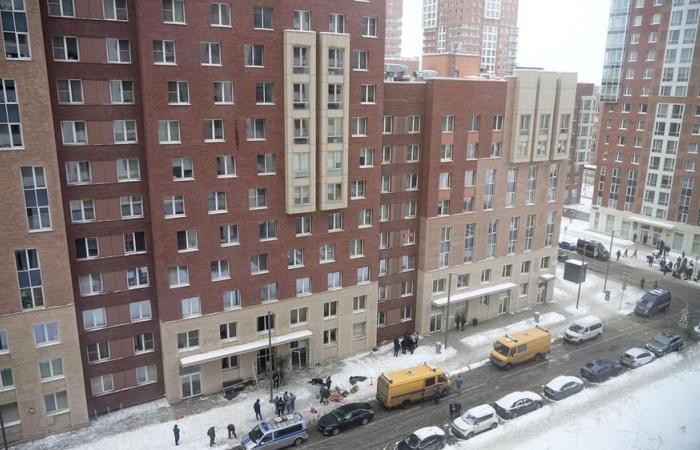The terrorist attack in Moscow in which the Russian general was assassinated Igor Kirillov and his assistant was the work of the SBU, the Ukrainian secret service, which claimed authorship of the operation. The head of the Nuclear, Biological and Chemical Defense Forces is the highest-level military officer to be killed since the full-scale invasion of Ukraine began in February 2022. It is not the first time the SBU has struck directly in Russia, as well as having done so in the occupied territories, starting from the first war in Donbass, which began in 2014 after the annexation of Crimea.
The method of targeted killings has proven effective on many occasions in recent years and Kiev’s intelligence has periodically managed to demonstrate Russian vulnerability by hitting individual military and civilian targets, deemed legitimate targets. Kirillov’s case comes after Mikhail Shatsky, an engineer who worked on the development of cruise missiles, such as the Kh-59 and Kh-69, used by Russian forces against Ukraine, was killed last week in Moscow; also on this occasion the murder was claimed by the SBU. Last year, on July 11, Navy Captain Stanislav Rzhitsky was killed in Krasnodar, shot to death while jogging. On November 16, 2023, Oleksandr Slisarenko, deputy head of the Russian-installed military-civil administration of Kharkiv, was the victim of a car bomb attack in the Russian city of Belgorod.
The tactic of targeted targeting essentially follows two purposes, depending on the targets chosen: if in the case of Kirillov and Shatsky the desire to intervene directly in Russian military operations is evident, in other cases targeted killings are part of the more complex propaganda war , in which civilian objectives are also involved. It was the model for the Ukrainian operations that Russia targeted Daria Dugina, Vladan Tatarsky e Zakhar Prilepin. On August 20, 2022, the daughter of Alexander Dugin, an ultranationalist philosopher openly in favor of the conflict against Ukraine, was killed by aa Bolshiye Vyazyomy, in the Odintsovsky district near Moscow. This was the first large-scale, symbolic action of the SBU in Russia, which showed on the one hand the long hand of Kiev and on the other the permeability of Moscow’s defenses.
The same pattern was replicated on April 2, 2023, when in St. Petersburg Maxim Fomin, military blogger known by the pseudonym Vladlen Tatarsky was killed in a bar with a parcel bomb. On May 6 of the same year, the writer Zakhar Prilepin, who had also fought in Donbass, was targeted and an anti-tank mine exploded under his car, seriously wounding his legs and killing his bodyguard. Although responsibility for the attack was initially claimed by Atesh, a militant group of Ukrainians and Crimean Tatars, the modus operandi left the broad direction of Kiev and Kirilo Budanov, head of the military intelligence service since 2020 and true coordinator of Ukrainian operations abroad, both those conducted by Kiev’s various defense departments and by militant groups in the occupied territories. On 6 December 2023, Ilya Kiva, a Ukrainian politician who initially held nationalist positions in favor of Kiev and then switched to Moscow’s side, was killed in the Russian capital, judged a traitor by the SBU which assumed responsibility for his assassination.
In the territories of Lugansk, Donetsk and Crimea, the Ukrainian resistance, including through targeted killings, remained a thorn in Russia’s side: both before and after the large-scale invasion, Kiev’s services and the connected galaxy of partisan movements , have scored countless hits, eliminating commanders of separatist militias, Russians and Ukrainians, and Ukrainian collaborators. For some illustrious murders, such as that of the separatist leader Alexander Zakarchenko in 2018, killed by a bomb that exploded in a bar in Donetsk, and that of Arseny Pavlov, another separatist commander known as Motorola, who also died in Donetsk 2016 due to an explosion in an elevator , there are no safe claims. However, if initially the suspicions for these murders were attributed to internal feuds between rival pro-Russian political groups, it is probable that for these too the matrix lies with Ukrainian intelligence: in the case of Motorola, a reconstruction by the New York Times revealed in the summer of 2024 how the operation eight years ago was conducted by members of the SBU.






